The word “exotic” probably brings to mind far-flung locales, white sand beaches and thick rainforests. But in the world of lumber, “exotic” has a different meaning. It’s an umbrella term for woods that come from outside the United States. But not all exotic woods are created equal. Some are more utility-grade, while others are rare and special. When creating an upscale interior, a front door or table made from an exotic species tells the world that you know quality when you see it. Especially in an increasingly mass-produced and disposable design ecosystem, authentic exotic wood communicates sophistication and taste. Best of all? The appeal of exotic hardwoods outlasts any trend.
What is an exotic wood species?
Exotic refers to any wood species that is imported from outside the United States. At RealCraft, we carry six premium exotic wood species as part of our standard line, as well as one paint-grade species. For Reserve clients, we can source other exotics upon request.

What makes imported exotic woods special?
Exotic woods tend to have certain characteristics that set them apart beyond their country of origin. They're generally stronger than even the strongest domestic wood species, and they can be oilier, too. The higher oil content means exotic imports have natural weathering resistance. This translates into superior longevity and makes them well suited to exterior applications.
What applications are exotic wood species the best for?
Exotic woods work well for decking and outdoor furniture and exterior doors. You can also use them to add a luxurious touch to your interior. One of the most popular choices for our butcher block style countertops is Zebrawood, thanks to its striped grain pattern. Woods like Spanish Cedar are ideal for flooring.

What shouldn’t you use exotic woods for?
Some exotic woods have compounds or grain textures that make them unsuitable for kitchen surfaces. At RealCraft, we only offer wood species for countertops that are food safe.
How do you maintain exotic wood products? Is it different from other wood species types?
Some exotic wood species need different finishes because of their high oil content. An extra thin finish may be suitable for very oily woods, like Teak or Iroko. These woods may also need UV protection to prevent fading or darkening due to sun exposure. But one of the benefits of exotic hardwoods—at least the varieties we carry--is their natural longevity. In general, exotic hardwoods have excellent durability. This means that they are low-maintenance compared to even the best domestic woods.
Our Exotic Wood Species
Wenge

Wenge is a deep brown wood with black streaks and a coarse texture. It’s often regarded as an ebony substitute because of how dark it is—though it can lighten over time with sun exposure. So be sure to apply a UV-protectant finish to preserve the color.
Sapele

This is one of our all-star hardwoods—beautiful, versatile, and at a more accessible price point than many other exotic species. Beloved for its auburn red color, we use the quarter-sawn version of it, which reveals gorgeous shimmering streaks within the grain pattern.
Padauk

Padauk is a bright crimson-colored hardwood. If you want a vibrantly red wood, then Padauk is the one for you. This sought after exotic, also known as vermillion, darkens into a rich, wine-toned red over time and adds an air of distinction to any space.
Iroko

Iroko is best known as a more accessibly priced and reliably available substitute for genuine Teak. It's native to equatorial Africa. It has a similar golden color, strength characteristics, and natural sheen to Teak. If you’re looking for a wood species that fits with Mid Century Modern designs, Iroko is an excellent choice.
Zebrawood

Also known as zebrano, this species has light brown heartwood with dark brown streaks. The striped appearance is how it earned its name. It’s the best-selling option for our Butcher Block Countertops and adds stunning stripes to any modern door design. For a flamboyantly luxurious aesthetic, Zebrawood should be your first port of call.
Spanish Cedar

This one has a confusing name—it's neither Spanish, nor Cedar. In fact, this species is more closely related to mahogany than true cedar. And it’s native to Central and South America, not Spain. The stock we use comes from plantations rather than wild forests, which makes it less disruptive to local ecosystems. Confusing name aside, there's a lot to love about this exotic import. Spanish Cedar has an auburn red color with distinctive dark gray streaks running through the grain pattern. Its durability makes it ideal for exterior applications.
Red Grandis

This fast-growing tree in the eucalyptus family is our go-to paint grade lumber. With excellent durability and a smooth texture, Red Grandis is also one of our most sustainable wood options. The species is native to the east coast of Australia, but our Red Grandis comes from plantations in South America. Young saplings can grow as much as 23 feet in a single year, making Red Grandis a rapidly renewable resource. Red Grandis stains well, but its natural coloration is a little on the pale side. This is why we opt to prime it for paint, or finish with a pigmented stain for a deeper, more attractive hue.
Exotic Woods and You: Committing to Luxury
Using exotic woods is a great luxury. These woods have a more involved supply chain and bigger carbon footprint. And they're not a necessity—several American domestic hardwoods make beautiful doors and home accents. So, if you’re going to buy exotic wood products for your home, treat them with reverence and care. Protect them from water damage and wear and tear. Maintain them consistently and you'll be rewarded with beauty that endures for decades.

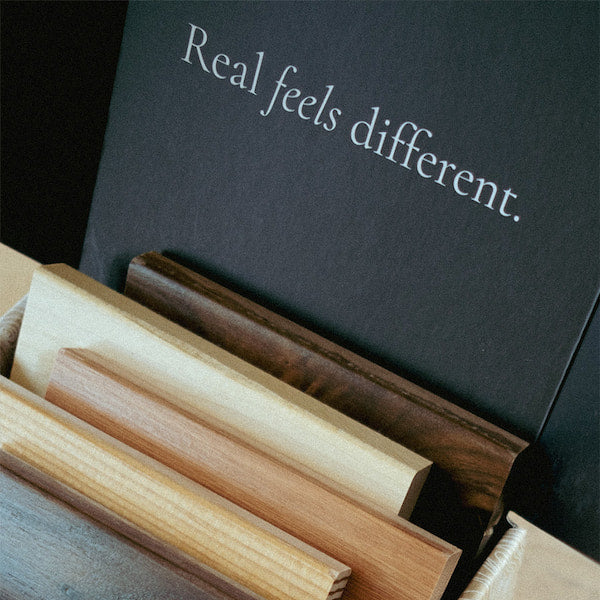
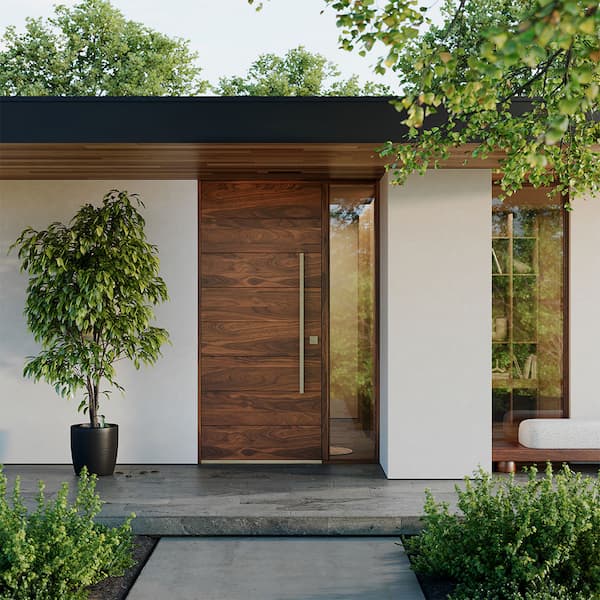


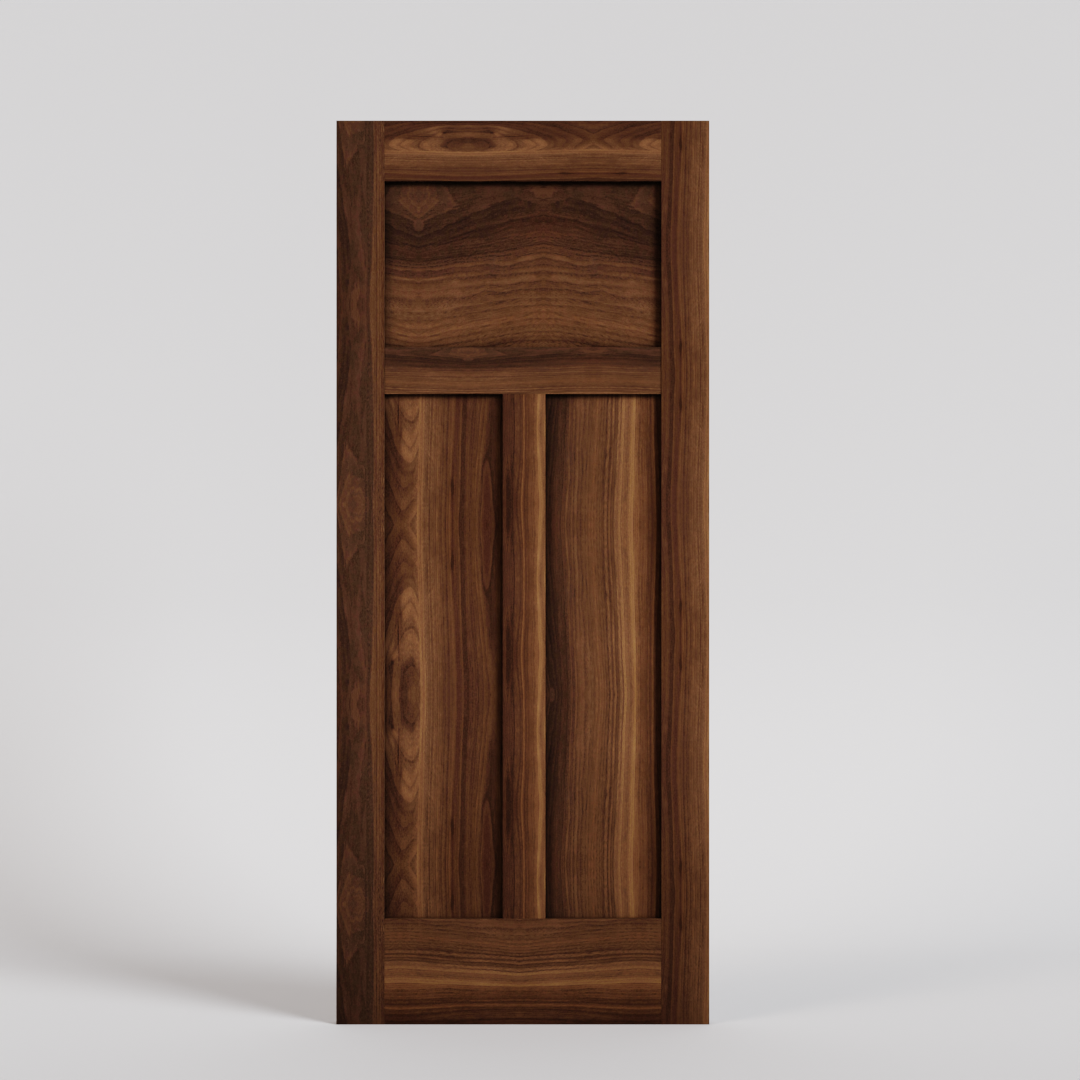
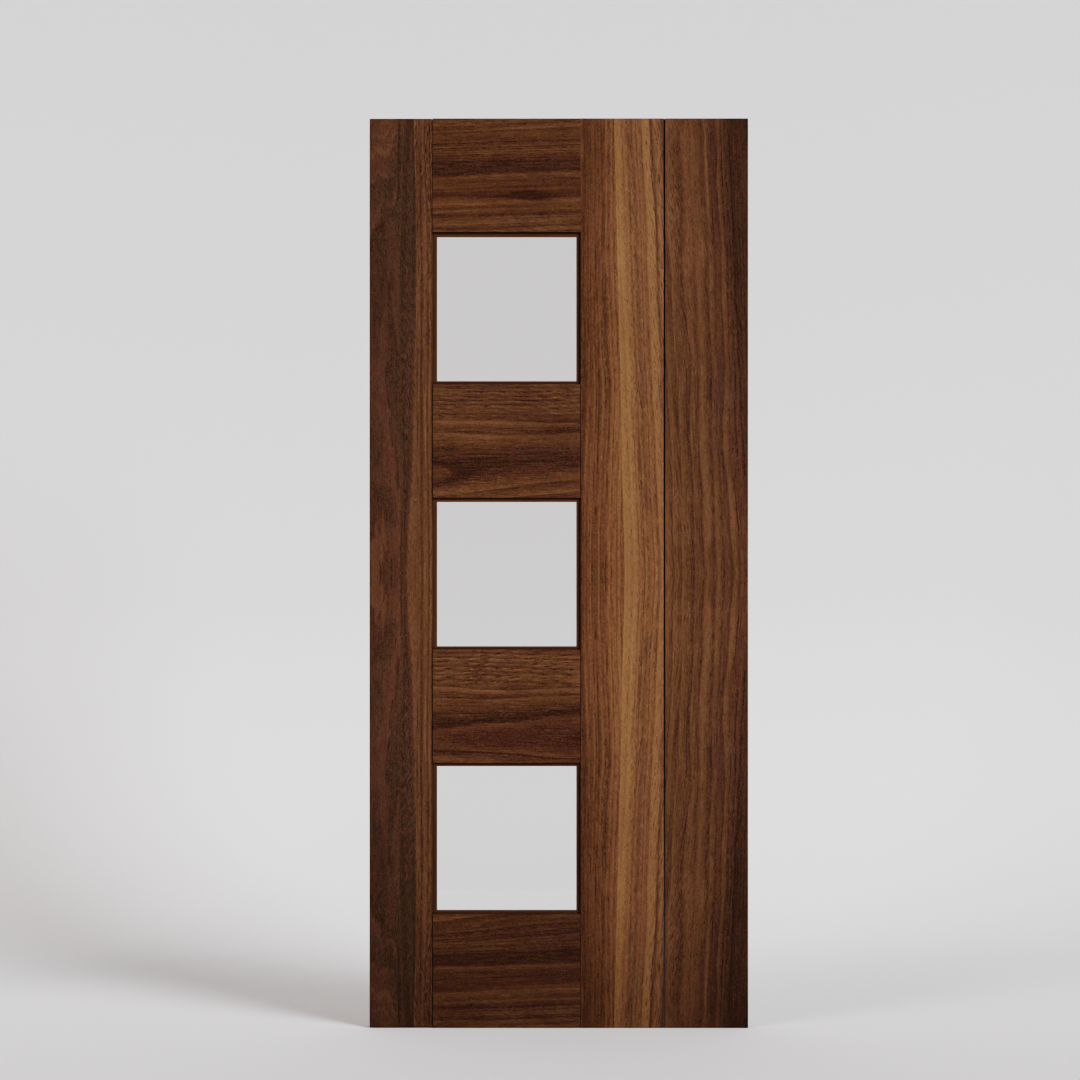
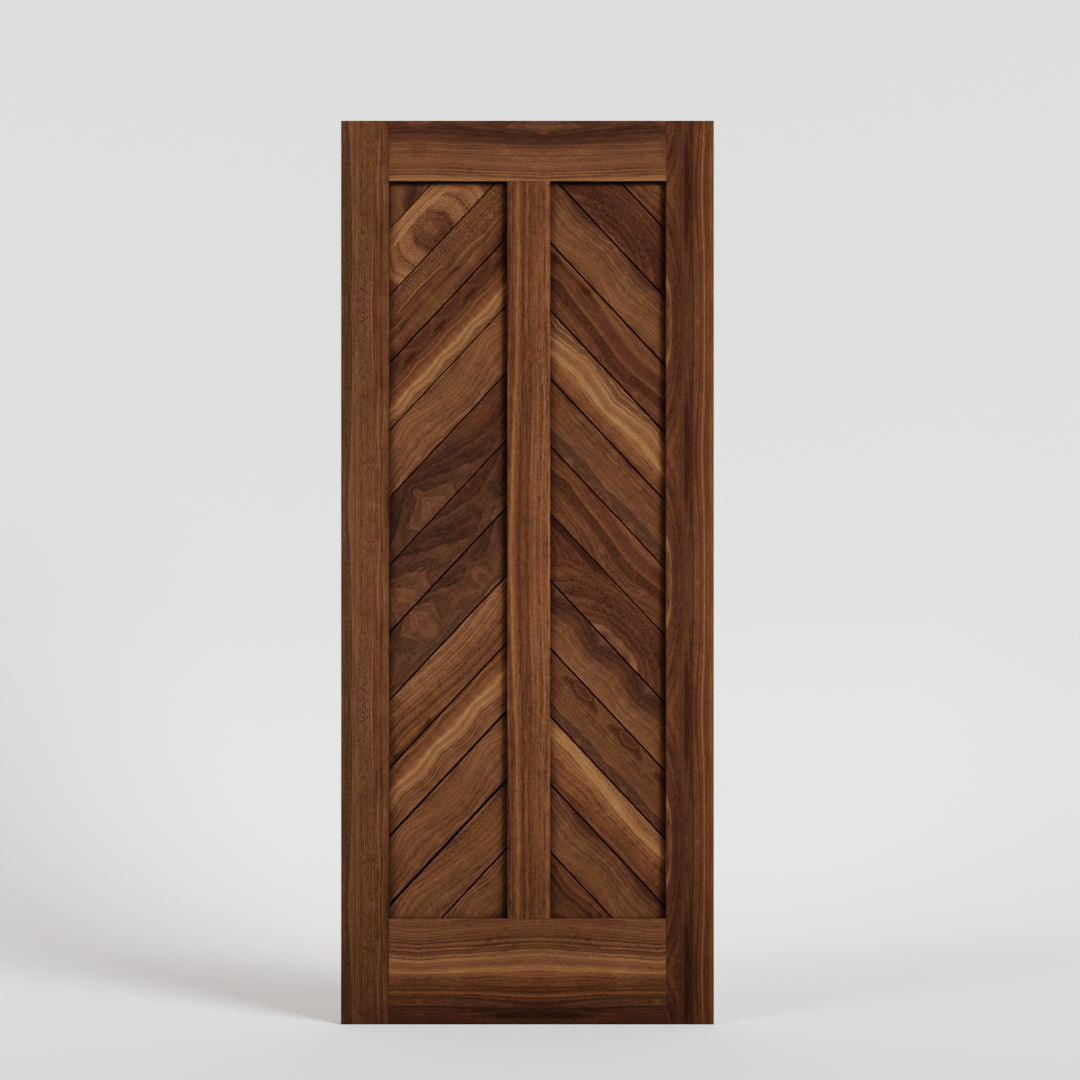
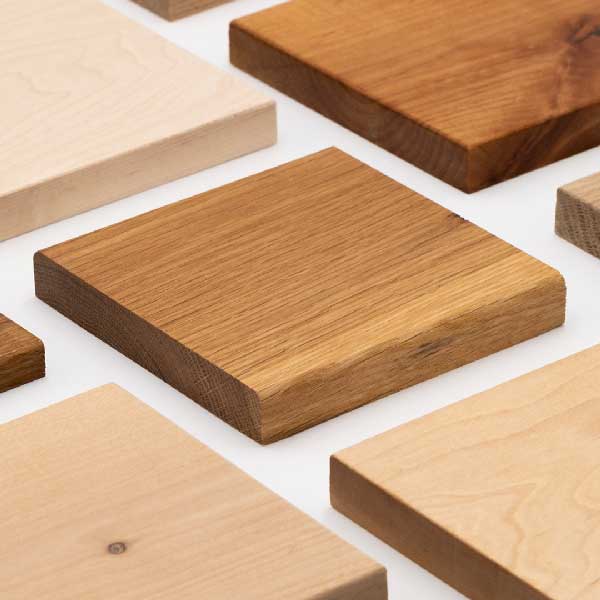

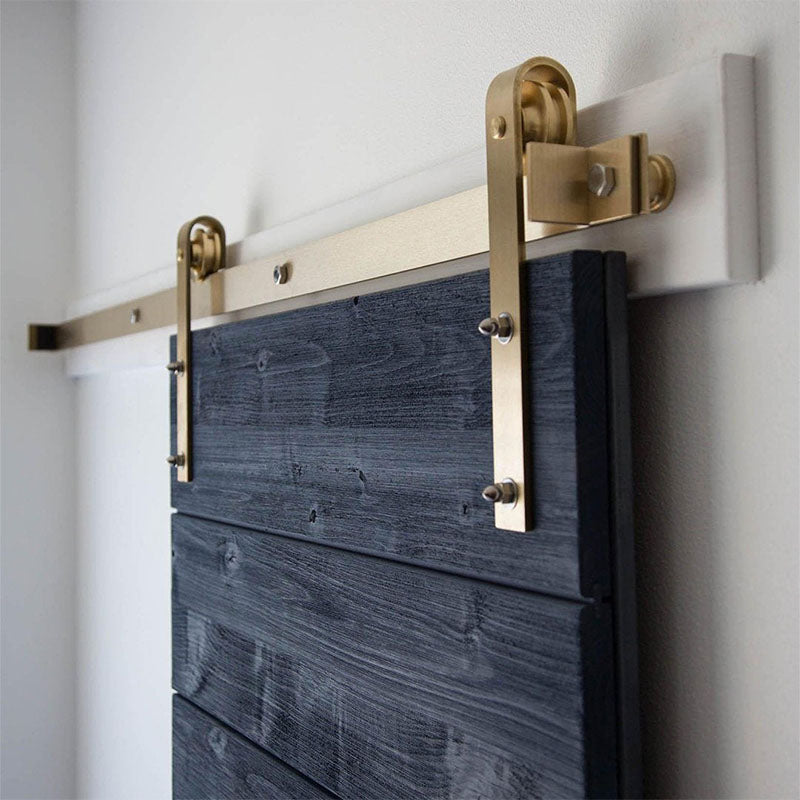
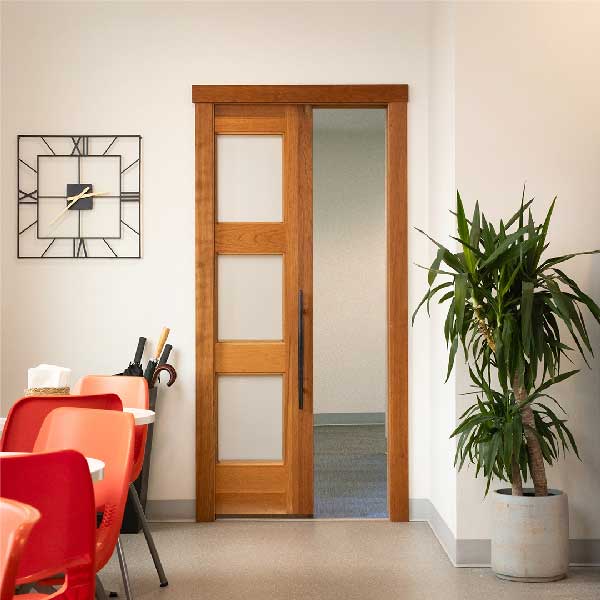
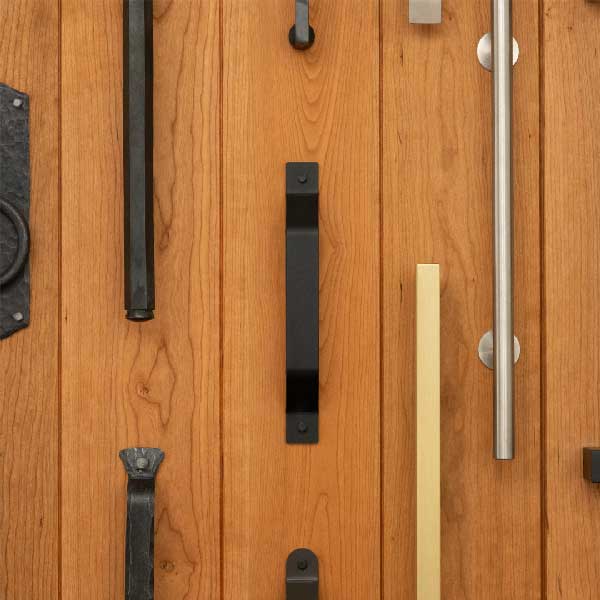
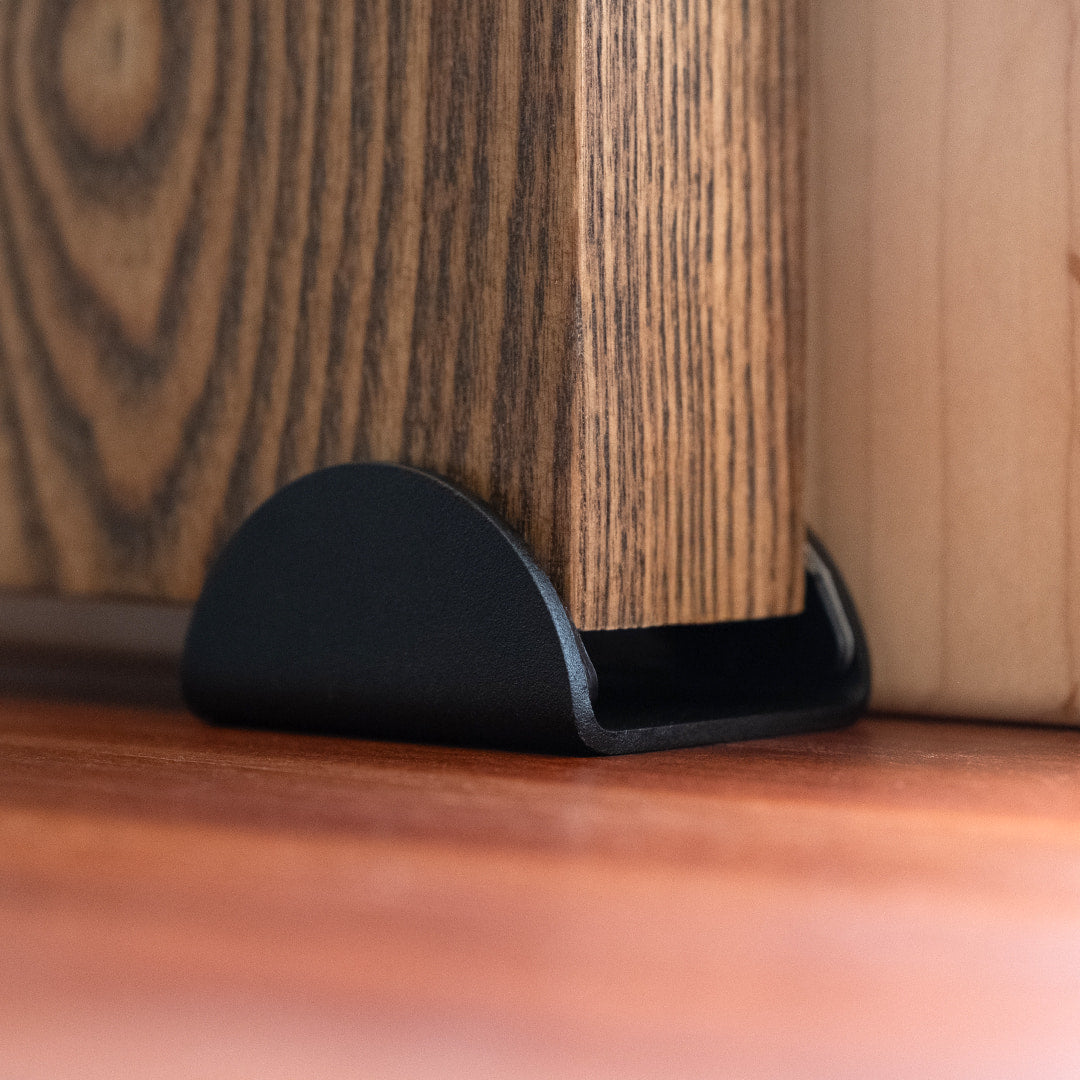
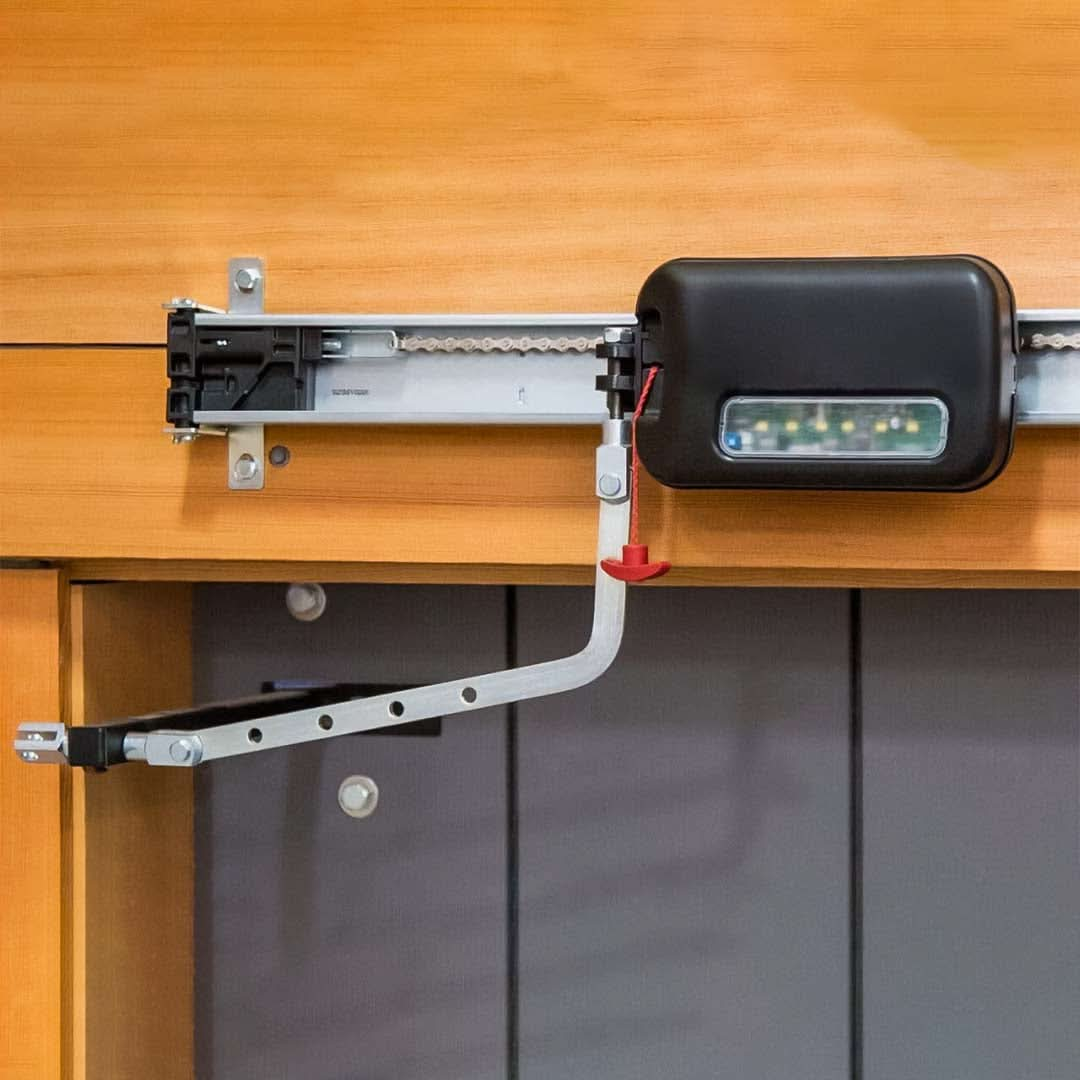


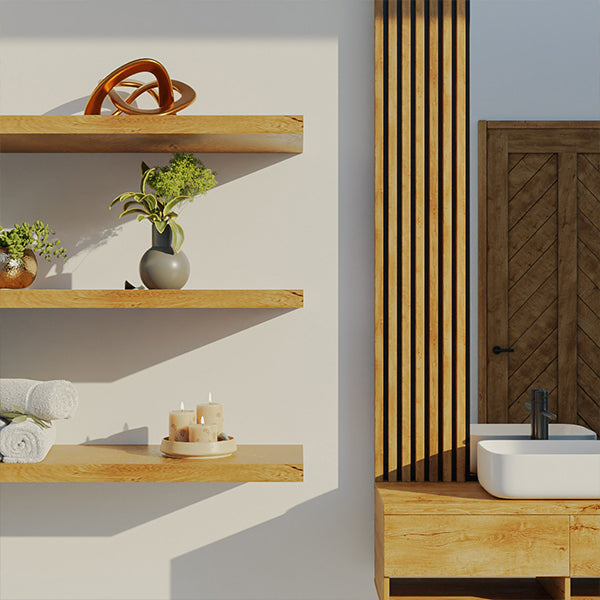



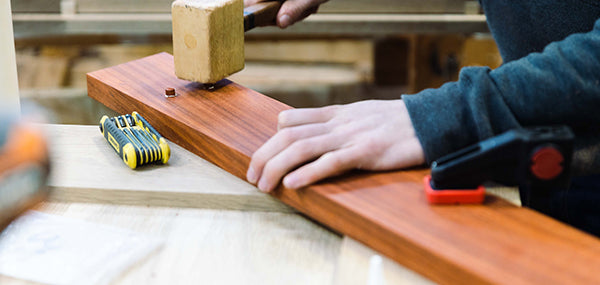

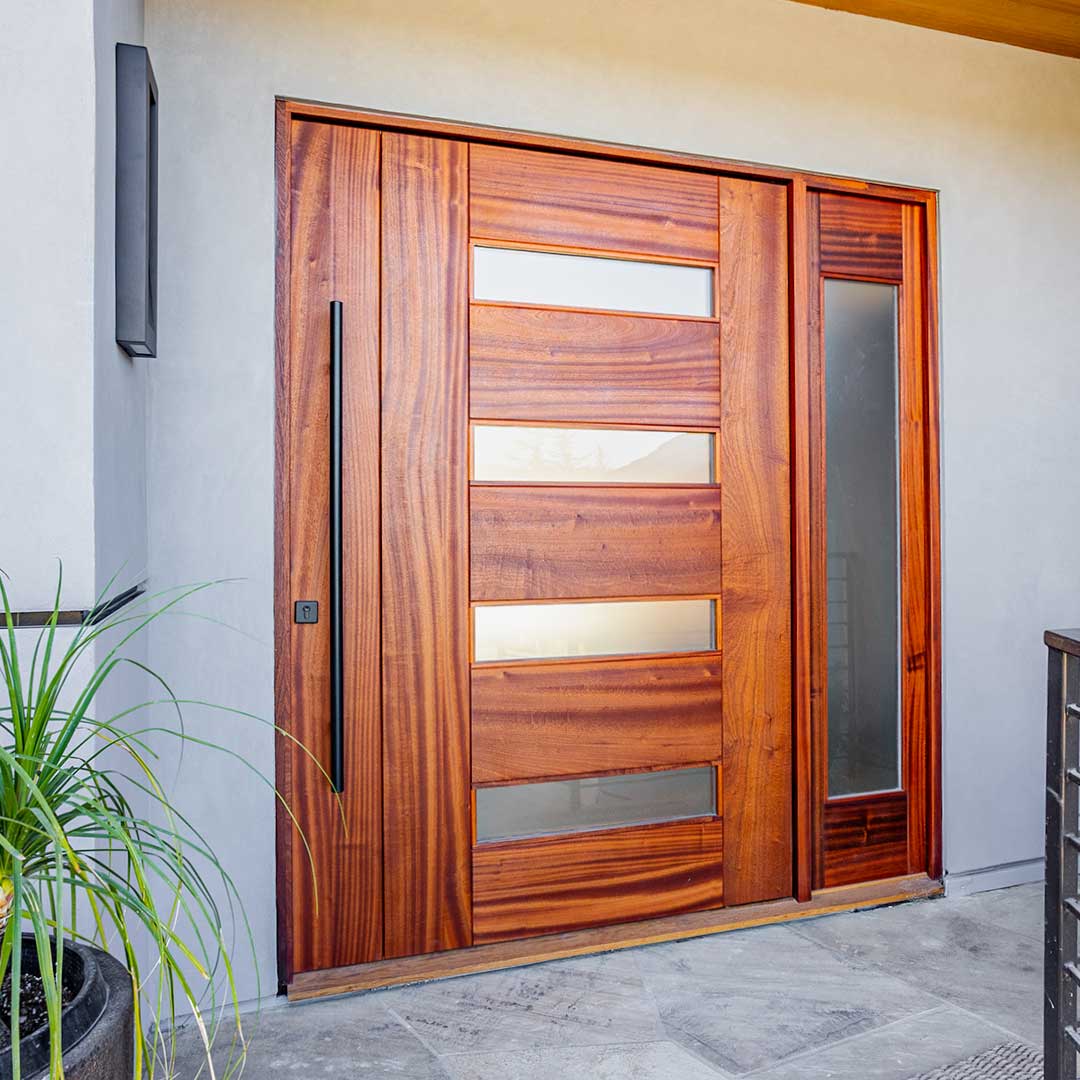

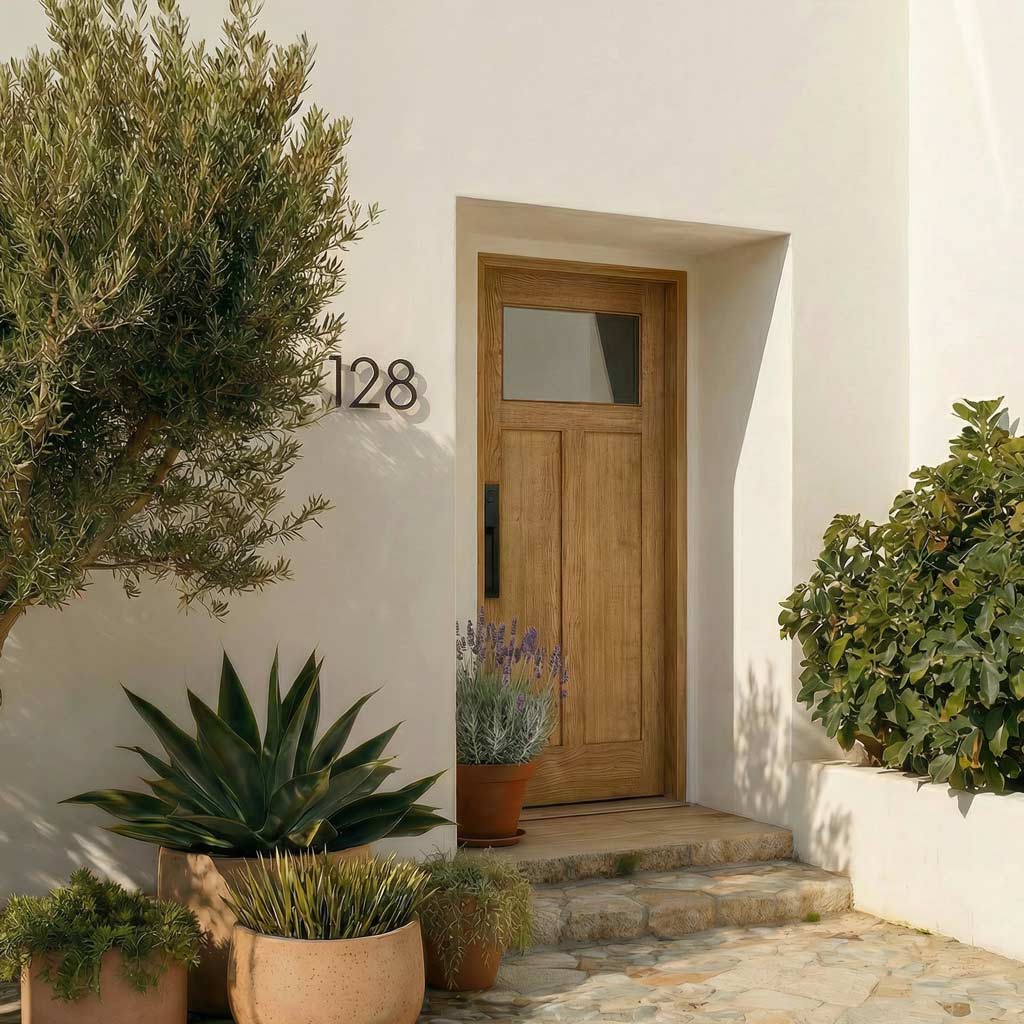
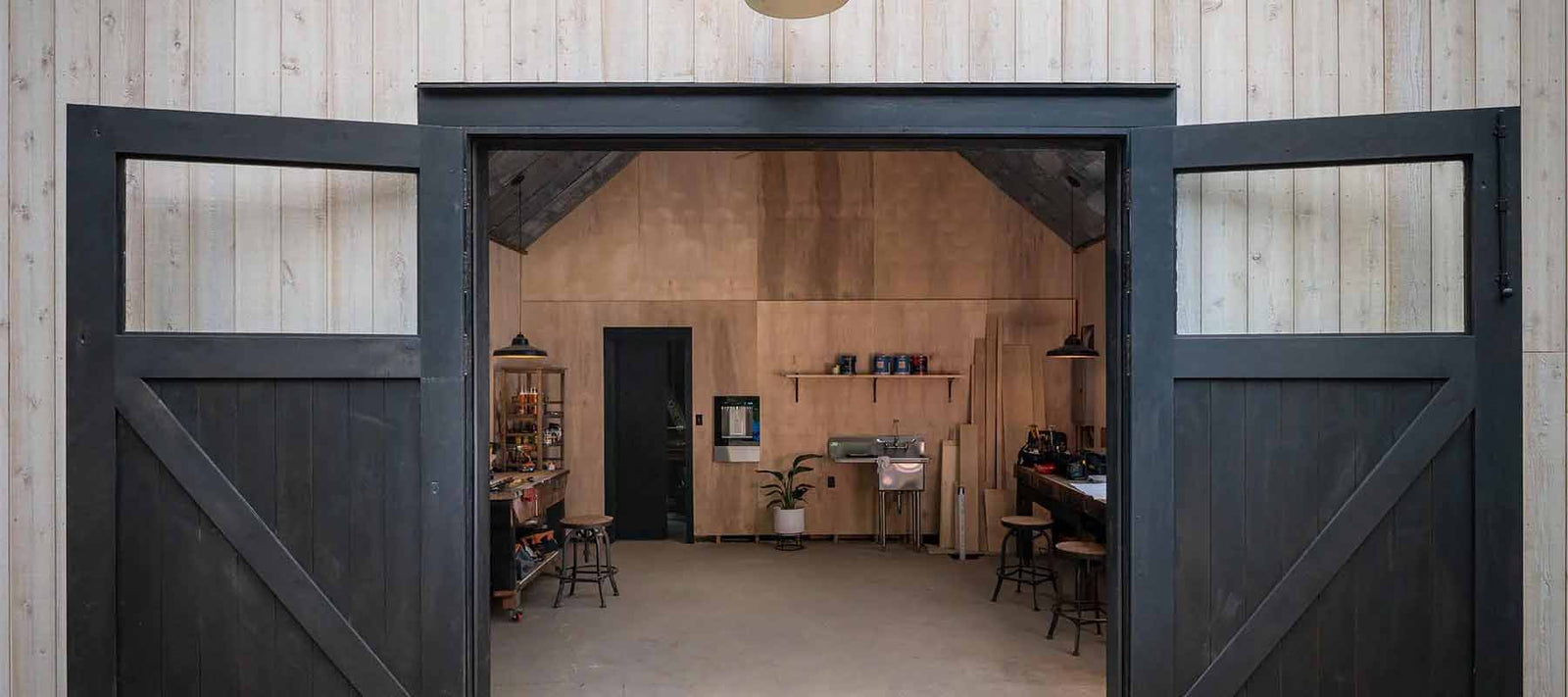
Rick
June 23, 2025
Is there a decent app that can identify wood species? I tried a few but for the most part, they are worthless. I have tried to use books with pictures, but that takes forever, and then not even sure if it’s correct. I have started keeping samples then able them.